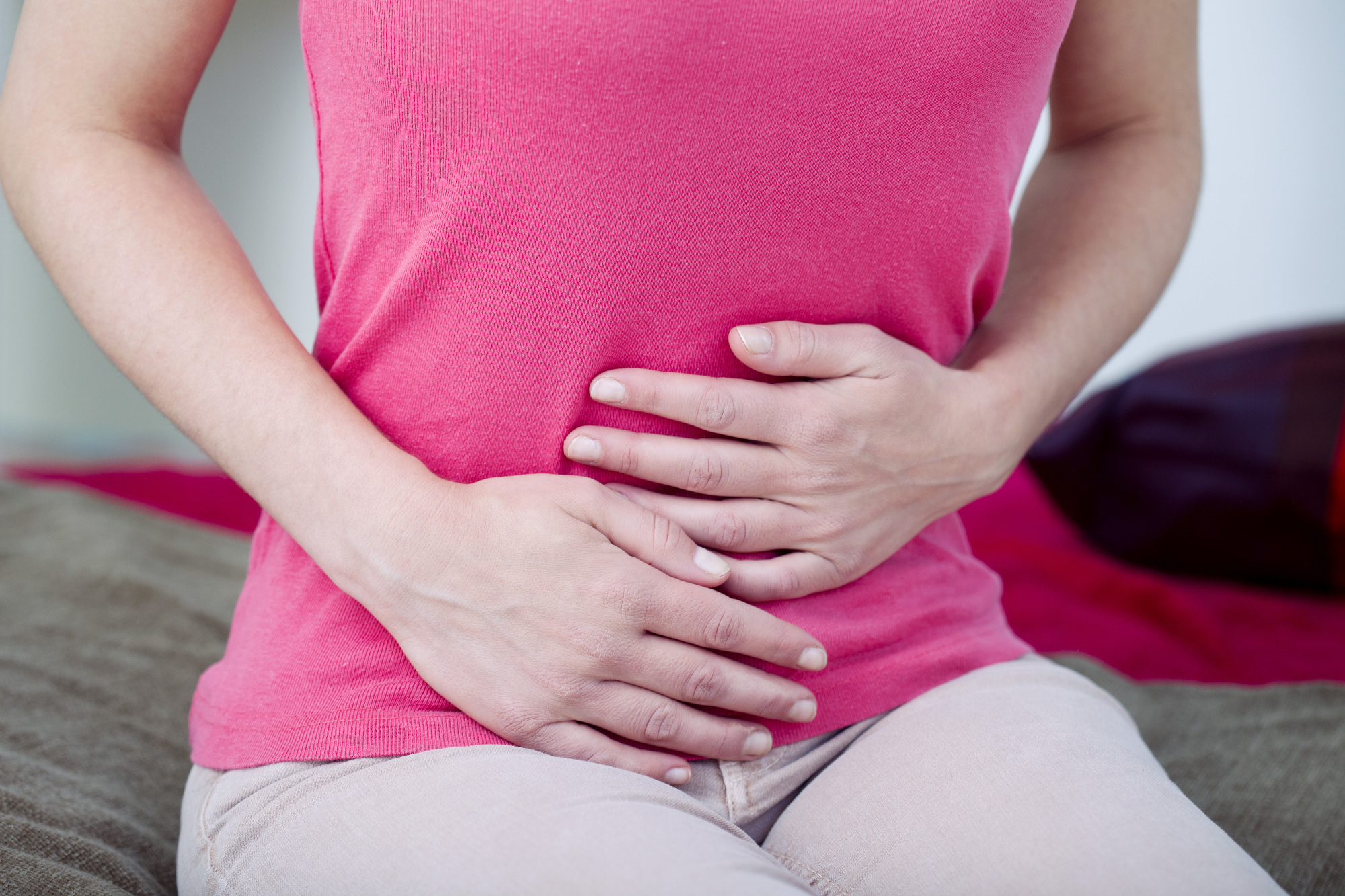While anxiety is a mental health issue, it has a definite effect on physical health. Irritable bowel syndrome causes stress to that body that changes the immune system, hormone production, and the digestive tract. Due to the link between IBS and stress, it has also been seen that anxiety is linked to the development of IBS.
While there used to be theories that IBS was a mental health issue like anxiety, it wasn’t until recently that research has shown a direct relationship between anxiety and IBS. While researchers can’t explain exactly why the two are related, they have a clear link.
What Is IBS?
Irritable bowel syndrome is a chronic and common condition that causes gastrointestinal discomforts, bloating, erratic bowel movements, diarrhea, chronic abdominal pain, and constipation. It affects about 15% of the population. When these symptoms are occurring without a medical explanation, IBS is diagnosed. While there may be many factors that boil down to an IBS diagnosis, most doctors think that anxiety is a big contributor to its development.
IBS can affect anyone, but is most commonly diagnosed in people who are in their 20s. Most IBS patients do not require medical treatment because they experience only mild or intermittent symptoms. The symptoms that are experienced, however, cause pain and inconvenience.
Where Does Anxiety Come In?
Anxiety is known as one of the main reasons that irritable bowel syndrome comes about. This may be related to the production of neurotransmitters. People who suffer from anxiety are likely to have a low supply of neurotransmitters such as serotonin. The gastrointestinal tract also has receptors that react to the levels of serotonin.
IBS also has a relationship with the levels of good vs. bad bacteria in the gut. People with anxiety tend to have a body makeup that lets bad bacteria flourish, and prevents good bacteria from growing. IBS may be related to muscle tension, which relates to anxiety. When dealing with anxiety, the body creates pressure on the intestinal muscles that make the intestinal tract move either slower or faster than normal.
The physical effects of irritable bowel syndrome, such as gas and abdominal pain, can increase anxiety, which in turn increases the IBS symptoms. Because the exact cause of IBS is unknown, it does not have a cure. There are only treatments, such as reducing your anxiety. IBS cannot be expected to get better in a patient who is dealing with constant anxiety. Because IBS is not an illness, but a syndrome, it is caused and made worse by stress and anxiety.
Although there are other factors leading to IBS, the association between IBS and anxiety is clear, yet not completely understood. Another possible explanation for the relationship between the two is the brain-gut interaction. This theory of comorbidity suggests that IBS from anxiety occurs due to the brain and nerve patterns amplifying during periods of anxiety. This alters the input signals to the gut, which then changes bowel habits and increases discomfort.
If the cause and effect relationship between anxiety and IBS was fully understood, researchers could come up with preventative measures for patients to take to decrease or avoid symptoms altogether.
While the relationship between IBS and anxiety seems odd, there have been several theories that point in this direction. There are other factors that can lead to the development of irritable bowel syndrome, but anxiety is a large player.
